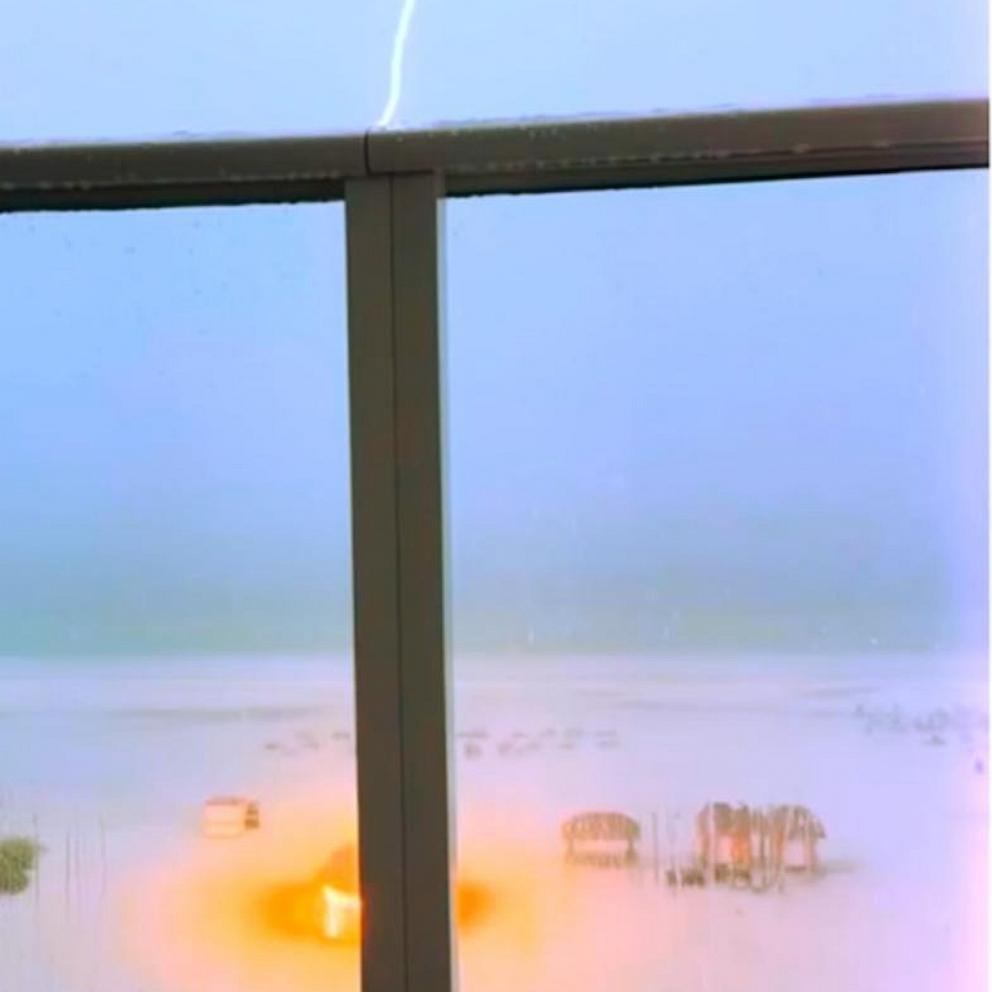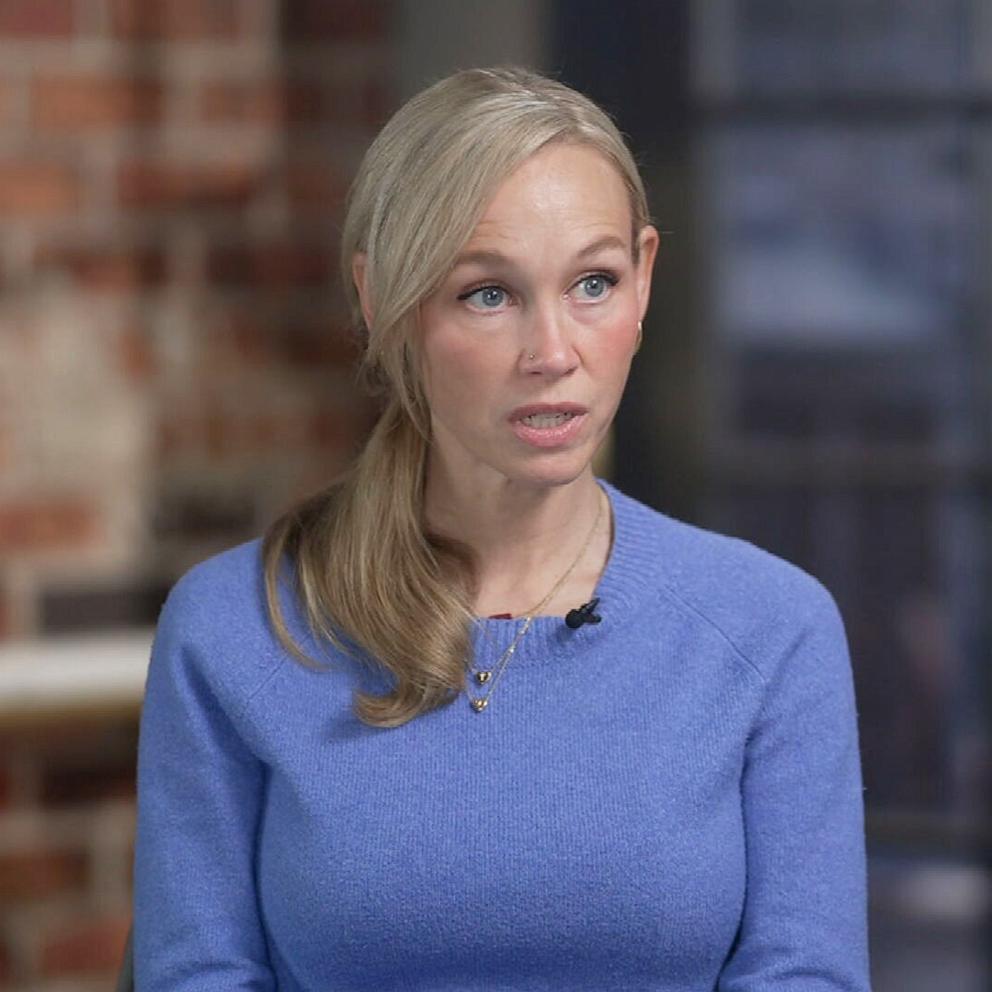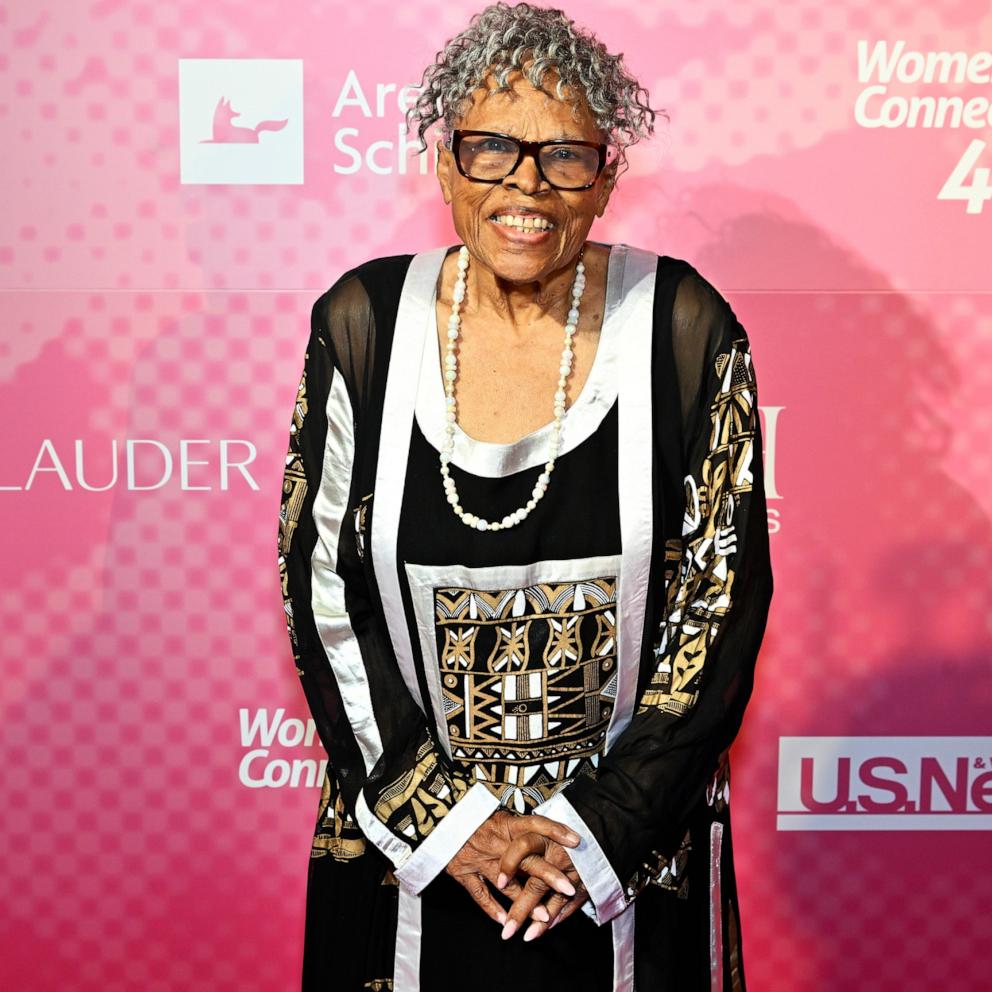5 years after George Floyd's death, Minneapolis police work to rebuild trust and a 'decimated' force
When Brian O'Hara arrived in Minneapolis as the new chief of police in 2022, he said that he found a department that was depleted, having lost about half of its officers, amid widespread protests and backlash after the killing of George Floyd on May 25, 2020, by a Minneapolis police officer.
"The cops would openly tell me that if anybody asks them about becoming a cop, they tell them, 'Don't come here, everybody hates us,'" O'Hara told ABC News.
"When I first got here, all of them, but especially the third precinct, was absolutely miserable, and the cops were so depressed," he added, pointing to the precinct that was burnt down after a man set it on fire during the 2020 protests.

As the fifth anniversary of Floyd's killing approaches, O'Hara told ABC News that while the department has made some strides in rebuilding the police force and implementing reforms, the Minneapolis Police Department (MPD) is facing "very real challenges" that lie ahead.
"There's a whole lot of open wounds still here in the city. And while there has been some healing, not everybody's healed, not everything has improved," O'Hara said in an interview with ABC News' Alex Perez that is set to air on ABC News Live Prime on Friday. "We still have very real challenges in this city."

What happened to police reform?
The Department of Justice announced on Wednesday that it is moving to drop a police reform agreement, known as a consent decree, that the Biden-era department reached with the city of Minneapolis in January.
The court-enforceable agreement was born out of a probe into MPD that was launched after the 2020 police killing of George Floyd. But when President Donald Trump took office, the agreement was not finalized and had yet to be certified by a federal judge.

Attorney Ben Crump, who represents the family of George Floyd, said in a statement on Wednesday that the DOJ's move to drop the agreement is a "slap in the face" that will "deepen the divide between law enforcement and the people."
O'Hara joined Minneapolis Mayor Jacob Frey in a press conference on Wednesday, where the mayor vowed that the city will move forward with the proposed reforms "with or without" Trump.
Frey and O'Hara noted that reforms are already underway as part of a state-enforced consent decree, which has been in effect for more than a year.
The agreement was reached by the city of Minneapolis with the Minnesota Department of Human Rights and the Effective Law Enforcement for All (ELEFA), an independent nonprofit, was hired last year to monitor the settlement.
Minneapolis officials held a press conference on Tuesday where the independent monitor overseeing the consent decree released its second progress report, according to ABC News' Minneapolis affiliate KSTP.

Director of the Minneapolis Civil Rights Department Michelle Phillips noted during the press conference that for the first time in 10 years, the office of police conduct reviews is fully staffed and said that MPD is "on pace" to "eliminate" a backlog of 234 police complaints.
"We are not where we want to be, but we are surely not where we were," Phillips said.
O'Hara described the report as "fair," and announced earlier this week that his department has appointed two civilians to head MPD's Internal Affairs Bureau and the Constitutional Policing Bureau.

Asked if the Trump administration dropping the consent decree could undermine MPD's efforts to build trust with the community, O'Hara told ABC News, he worries that due to "heightened" divisions, people wouldn't "care what the facts are."
"This is going to play out that, 'well, Trump got rid of it, so they're not doing it,' and nobody's going to hear anything else, which is unfortunate," O'Hara said.
Rebuilding after George Floyd
Reflecting on the five-year anniversary of Floyd's killing, O'Hara said that it is still extraordinarily "difficult" to be a police officer in Minneapolis.
Former MPD officer Derek Chauvin was sentenced to 21 years in prison in July 2022 on federal civil rights charges in the death of Floyd. The video of Chauvin kneeling on Floyd's neck sent shockwaves across the U.S. and sparked widespread protests, propelling Minneapolis and its police force into the national spotlight.
O'Hara, who previously served as Public Safety Director for Newark, New Jersey, during the implementation of a federal consent decree, said that it's "traumatizing" to be a police officer anywhere, but it's "more difficult" in Minneapolis.
"Unlike being a cop in Newark or in other places, they just don't get any deference," he said. "Every time [they] show up, they have to prove that they're one of the good guys."

Reflecting on strides that MPD has made since he came to Minneapolis in 2022, the chief pointed to more "aggressive" efforts in recruitment that are helping to rebuild a once "decimated" police force.
According to O'Hara, the department, which lost more than half of its 900 officers after Floyd was killed, now has nearly 600 sworn officers, almost reaching the minimum of 731, which is a ratio based on the city's population. He said that he is expecting a new class of 40 recruits to join the department in June -- the largest class since the 1990s. O'Hara also noted that about 60% of the new recruits are officers of color.
And with every new class joining MPD, things are starting to turn around even for officers at the third precinct, O'Hara said.
Recalling a recent visit to the third precinct, whose officers "still don't have a building" after it was burned in 2020, the chief said there were 12 officers, most of whom are Black, for the roll call, and there appeared to be a shift in morale.
"They were happy. They were talking to each other," he said. "I hadn't seen that before."




